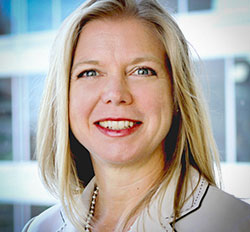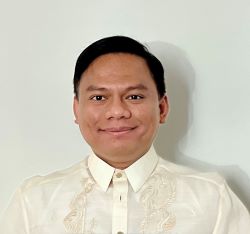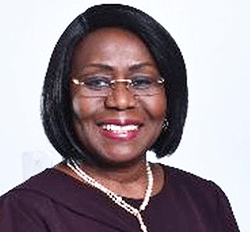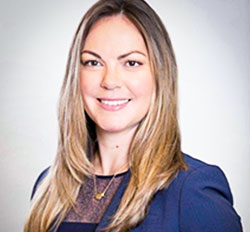At their March meeting, Council elected Patricia Sullivan, RN, as President, effective Wednesday, June 7, 2023.
"It’s a privilege to be elected as Council President,” said Sullivan. “I am committed to advancing the CNO Council’s role in protecting the public by promoting safe nursing practice. It is an honour to use my voice to serve patients and their families in this way."

Patricia Sullivan, RN
Sullivan first joined Council in June 2020. She is currently serving as Council's Vice-President RN. Sullivan leads a heath care strategic consulting company focused on improving quality, patient and workforce safety. She has 30 years executive nursing experience in US and Canadian health systems, regulatory policy, performance measurement and quality improvement.
Council elected Rodolfo D. Lastimosa Jr., RPN, as Vice-President RPN. Lastimosa, who holds dual registration as an RPN and RN, is a Clinical Practice Leader Nurse (CPL) in Acute Medicine and Stroke & Rehab at Humber River Hospital.

Rodolfo D. Lastimosa Jr., RPN
Council elected Sylvain Leduc, NP, as Vice-President RN*. Leduc is a primary health care nurse practitioner and nursing professor at Laurentian University. His research focuses on gender-affirming and primary care.

Sylvain Leduc, NP
Council re-elected Fidelia Osime and elected Jay Armitage to the public member seats of the Executive Committee.
The Executive Committee, which is comprised of a President, Vice-President RN, Vice-President RPN, and two non-nurse public members, provides leadership to Council and facilitates the efficient and effective functioning of Council and its committees.

Fidelia Osime, Public Member

Jay Armitage, Public Member
CNO thanks all its Council members for their contribution to regulating nursing in the public interest. You can learn more about Council at www.cno.org/council